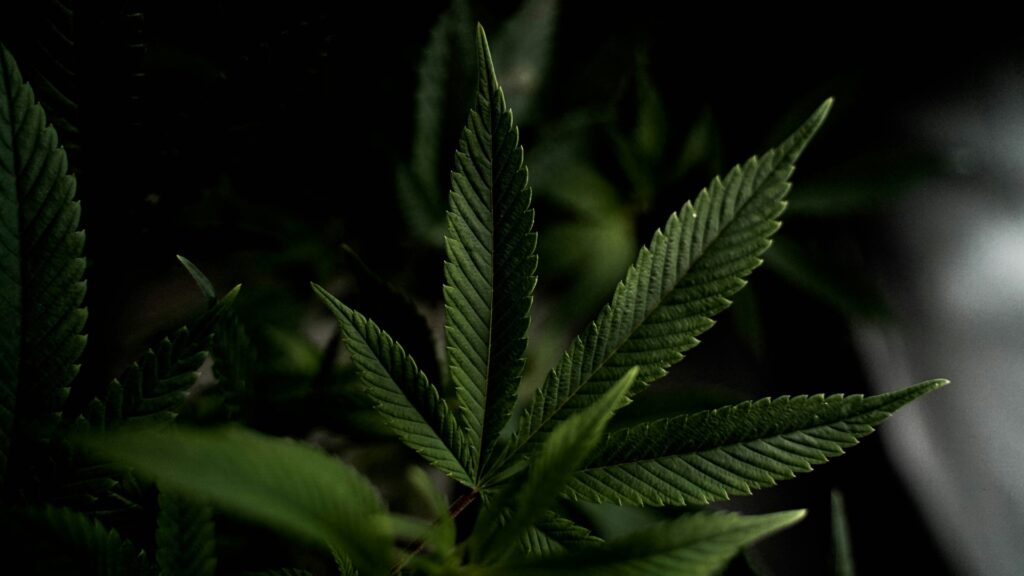The winds of change are whipping up a storm in the legal cannabis sphere. In a groundbreaking move, the Drug Enforcement Administration is proposing to reschedule marijuana from the most restrictive Schedule I classification to the less stringent Schedule III category. This tectonic policy shift could unleash a green revolution reverberating through the budding cannabis industry.
A Brief History of Legal Weed’s Turbulent Journey
For over half a century, the Controlled Substances Act of 1970 has treated cannabis as a Schedule I narcotic, categorizing it alongside drugs like heroin and LSD. This draconian status implies a high potential for abuse and no accepted medical use—a patently absurd notion given the mounting scientific evidence of marijuana’s therapeutic benefits.
Despite this federal stance, an unstoppable tide of state-level legalization efforts has washed over the nation. From California’s trailblazing medicinal marijuana laws in 1996 to the recent wave of adult-use legalization sweeping across the country from Oregon to New York—the cannabis reform movement has defied antiquated drug policies.
But this patchwork of state cannabis programs has also created a precarious legal landscape for businesses. Operating within a federally criminalized industry has meant restricted access to banking, inability to transport products across state lines, and severe constraints on research into this “Schedule I” substance.

A Glimmer of Hope for the Incarcerated
As this landmark policy shift propels the legal cannabis sector into a new frontier, one can’t ignore the human toll of the decades-long war on drugs. Hundreds of thousands of Americans, disproportionately from marginalized communities, remain incarcerated for nonviolent marijuana offenses under draconian laws that even the DEA now admits were deeply flawed.
The reclassification of cannabis rightly undermines the very legal premise which imprisoned these individuals en masse. Their sentences, rooted in the illusion of marijuana’s pernicious danger and lack of medical value, stand in stark contrast to the DEA’s new judgment.
While rescheduling alone does not automatically vacate or expunge prior marijuana convictions, it does cast them in a newly unjust light. Removing weed from the most restrictive drug category provides legal ammunition for presently incarcerated individuals to vigorously challenge the constitutionality and fairness of their convictions.
This reclassification kindles hope that America’s latest drug policy shift could catalyze overdue sentencing reforms and potential clemency opportunities. As society’s attitudes evolve in lockstep, the judicious reversal and expungement of countless non-violent cannabis offenses seems an ethical and legal imperative.
For those unjustly caged based on the same misinformed marijuana myths the DEA now disavows, this policy breakthrough should be a clarion call for liberation. Let the healing process of righting historical wrongs begin.

The DEA’s Winding Path on Cannabis
For decades, the Drug Enforcement Administration resolutely stood as a stalwart against any shift in federal marijuana policy. The agency’s historical hardline opposition provides important context for just how monumental this rescheduling proposal truly is.
When the DEA was founded in 1973, inheriting enforcement of the Controlled Substances Act from predecessors like the Bureau of Narcotics, cannabis was already strictly regulated. Marijuana had been de facto criminalized for recreational use since the 1937 Marihuana Tax Act and was assigned to the most restrictive Schedule I category when the modern drug scheduling system emerged in 1970.
Over subsequent decades, the DEA rejected petitions and lawsuits seeking to reschedule cannabis to a less severe classification. It staunchly defended marijuana’s Schedule I status, aligning with the broader “Just Say No” era’s uncompromising rhetoric that marijuana was a dangerous gateway drug with no medical use.
Even as a swell of states began legalizing medical and adult-use cannabis starting in the 1990s, the DEA steadfastly refused to reassess marijuana’s scheduling. It vehemently opposed these state-level reforms, frequently railing against the normalization of a substance it insisted was among the most unsafe and destructive drugs.
All of which makes the DEA’s present about-face all the more seismic. For an agency that has dogmatically clung to marijuana criminalization for over 50 years, conceding cannabis merits to a mid-level Schedule III controlled substance ranking is an unprecedented pivot. It topples one of the key legal pillars underpinning the generational drug war the DEA has aggressively waged.
From stalwart reefer madness enforcer to the catalyst of reform, the DEA’s winding cannabis journey culminates in this rescheduling proposal—a policy shift with existential implications for the agency itself. The era of uncompromising anti-marijuana dogma has arguably breathed its last breath at the DEA’s headquarters.

An Emerald Horizon for the Cannabis Industry
As the smoke clears from this seismic policy shift, it’s clear the legal cannabis industry has reached an emerald horizon brimming with uncharted growth potential. The DEA’s rescheduling proposal cracks the proverbial cellar door, allowing unprecedented commercial sunlight to pour in.
Unshackling Therapeutic Research
Foremost, rescheduling will unleash a flourishing of medical research into the therapeutic applications of cannabis and its compounds. Progressing from the fringes to academic and pharmaceutical mainstream, expect a renaissance of clinical trials, product approvals, and innovations in cannabinoid medicine. The damning pseudo-science that long branded marijuana as havoc with no medical value has gone up in flames.
Banking Unlocked
No longer will legal cannabis operatives be treated as regulatory untouchables by financial institutions. With marijuana’s diminished federal outlaw status, the industry can finally access reliable banking services, commercial loans, lines of credit, and capital investment opportunities to propel expansion. This institutional integration will professionalize and fertilize the industry’s commercial growth like never before.
Interstate Commerce Highways
As state-licensed cultivators, manufacturers, and dispensaries gain clearer federal protections, legal cannabis commerce could transcend state boundaries. Rather than antiquated balkanization, legal operators may eventually transport products across new inter-state commercial highways, fueling economies of scale. The industry’s archaic geographic quarantines could erode into hard-won national integration.
Public Perception Transformation
While federal legalization remains the ultimate prize, reclassification plants powerful perception seeds. As societal stigma withers, expect accelerated cultural evolution akin to shifting attitudes around LGBTQ+ and interracial rights movements. Cannabis normalization through celebrity influencers, pop culture, and corporate boardrooms could render “stoner” stereotypes of antique relics.
Undoubtedly, challenges remain on weed’s winding path. Battles loom over industry taxation, social equity reforms, and navigating the unknowns of federal regulation. But the DEA’s rescheduling marks a cosmic shift—America has turned the cannabis corner. An emerald future of national integration, innovation, and defiantly blossoming legitimacy has emerged for this dynamic multi-billion dollar industry.






